by Michelle Richling
As a former childcare director, I had the privilege of meeting hundreds of families, each one bringing their hopes, worries, and questions as they searched for the right care for their child. Some parents came in with detailed checklists, others with wide eyes and an overwhelmed heart. I saw firsthand just how personal and emotional this decision can be.
Through the years, I realized that while every family is different, most are looking for the same core things: safety, trust, connection, and growth. And while no program is perfect, the right childcare fit is the one where both child and parent feel supported and seen.
Here’s what I often shared with families during tours and what I hope will help you if you’re starting this journey yourself.
Know What Matters Most to You
Before you begin touring or calling programs, take a moment to reflect on your own family’s needs and values. Every child is unique, and so is every home. What works beautifully for one family may not work at all for another.
Ask yourself:
What kind of environment does my child thrive in (structured or flexible)?
Do I want a play-based program, or something with an academic focus?
How far am I willing to travel?
Do I need full-time, part-time, or flexible hours?
What’s my budget, and are subsidies or scholarships available?
When families came to me with a clear sense of their priorities, even just a short list, it helped both of us quickly figure out whether the program was a good match.
Visit in Person (If You Can)
There’s only so much a website or brochure can tell you. I always encouraged families to come see our program in action. During a visit, you learn so much more than what’s written down, you feel the energy, hear the tone of voices, and watch how caregivers interact with children.
Here’s what I told parents to pay attention to:
Do the children seem happy, curious, and engaged?
Are teachers on the floor playing, reading, or talking with kids?
Is the space clean, safe, and inviting, but still lived-in and full of life?
How are transitions managed (drop-off, meals, nap time)?
Do staff greet your child warmly, even on a first visit?
Trust your instincts. Families often told me they “just knew” when a space felt right, or not.
Ask the Right Questions (And Feel Free to Ask a Lot)
During tours, I welcomed all kinds of questions, especially the ones that came from the heart. Beyond the basics of licensing, safety, and schedules, dig into the things that matter to you as a parent.
Some helpful questions include:
How do you support children during tough moments (like separation anxiety or tantrums)?
What does a typical day look like here?
How do you approach discipline and behavior?
How do you keep in touch with parents?
What kind of training or experience do staff members have?
And don’t be afraid to ask follow-up questions or share concerns. A good program will answer with transparency, not defensiveness.
Think About Fit, Not Perfection
The goal isn’t to find a flawless program. It’s to find one that aligns with your values and feels like a good match for your child’s personality. I often told parents, “We might not be the perfect program for everyone and that’s okay. What matters is that we’re the right fit for you.”
For example, a busy toddler might thrive in a play-based setting with lots of outdoor time, while a more sensitive child might feel safer in a small, quiet home-based program. Consider what your child needs to feel secure, engaged, and understood.
Observe Relationships, They’re the Heart of It All
Over the years, I learned that what really makes a program stand out is the quality of its relationships: between staff and children, staff and parents, and even between children themselves.
Ask yourself:
Are caregiver’s patient, warm, and attuned to each child?
Do you feel respected and welcomed as a parent?
Will your child be known, not just supervised, but truly known?
The right fit is where your child will be seen as an individual, and where you’ll feel like a true partner in their early learning journey.
Be Gentle with Yourself
This transition can be emotional. I saw many parents tearing up during tours, especially if it was their first time leaving their child with someone outside the family. That emotion is normal and a sign of how deeply you care.
Give yourself grace. Finding the right care takes time, and the adjustment period might be bumpy at first. But when you find the right place, you’ll know. Your child will start to bloom, and you’ll begin to feel peace.
Final Thoughts
Childcare isn’t just about who watches your child while you’re at work. It’s about who helps raise them, teach them, and love them in your absence. That’s why this decision is so important and so worth the time it takes to get right. As a former director, I truly believe that when you find a program where your child feels safe and joyful, and where you feel heard and respected, you’ve found the right fit. You know your child better than anyone. Trust that, trust your questions, and trust the process. You’re not just choosing care. You’re choosing connection. And that’s a powerful thing.

